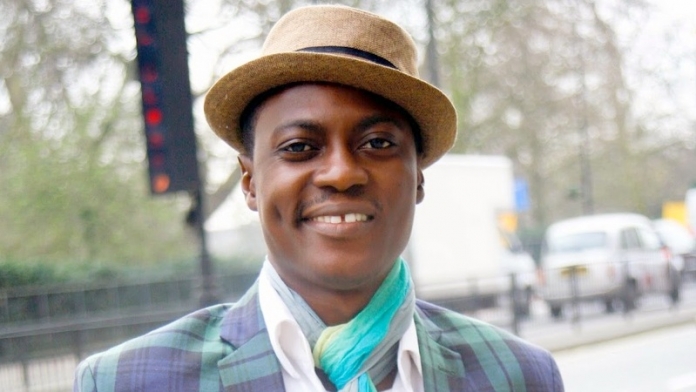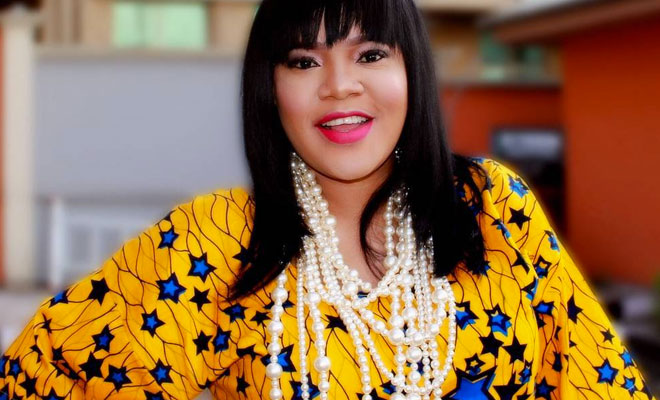The National Drugs Law Enforcement Agency (NDLEA) has attributed the high rate and rampant abuse of codeine syrup and other dangerous drugs in the country to the proliferation of unregistered patent medicine stores.
Alhaji Hamza Umar, the Commandant of the agency in Kano State, disclosed this when fielded with questions on how to stem drug abuse, especially among youths and women.
Umar spoke through the Principal Staff Officer in charge of Operations and Investigation of NDLEA in Kano.
He noted that there are many unregistered patent medicine stores across the state, especially in areas where public healthcare facilities are lacking.
Umar described the activities of such medicine stores in the state as risky to the society because, according to him, the agencies that are supposed to control them were not strengthened to enforce regulation.
He said: “If the operation of patent medicine stores, especially those that are into the business of selling cough syrups illegally without prescription are not checked, the abuse of codeine syrup and other drugs will continue in the state.
“Those patent medicine stores are supposed to be registered by the Pharmaceutical Association of Nigeria with the aim of serving the public when the need arises.’’
The commandant regretted that majority of the users of the syrup are young men and women who are addicted to cough syrups, especially the codeine.
Umar noted that “first time users of such syrups consume it out of curiosity, and there are those who use it occasionally while others are addicted because they are regular users’’.
According to him, the syrups are of different brands and that the brand determined their prices.
“There is Tutoline which is sold at N200, Bioline is sold at N1, 500, while Codeine and Parkline cost N1,200 and N700, respectively and the physiological effects are more on the brain, liver, heart, skin and other organs of the body”, according to reports.
An ex-drug addict at Indabawa quarters in Kano Municipal, Malam Khalil Umar, explained that they purchase the illicit drugs from some chemists in Sabon Gari Market following the clamp down on the dealers by the authorities.
“We use to get it from some stores here in town, but the people from NDLEA, Ministry of Health and other security agencies started raiding the shops following complaints from parents”.
According to him, they use to buy the syrup at the cost of N200 per bottle depending on the quality of the product or the company that produced it and could buy on credit since they became familiar with the sellers.
The commandant said the agency is making efforts to rid the state of drug abuse through the arrest of users, seizures of the illicit drugs from the dealers and their arrest.
However, Umar acknowledged the support of the Kano State Government in fighting the menace, noting the setting up of a recent joint task force comprising all security agencies in the state who also provided logistics to the task force and providing vehicles to the state command of the NDLEA to support its efforts.
He said part of the committee’s mandate was to go round the state with a view to arresting unregistered patent medicine store operators.
“In addition, we counsel and rehabilitate the addicted ones and at the end we reintegrate them into the society and unite them with their families,” Umar said.






